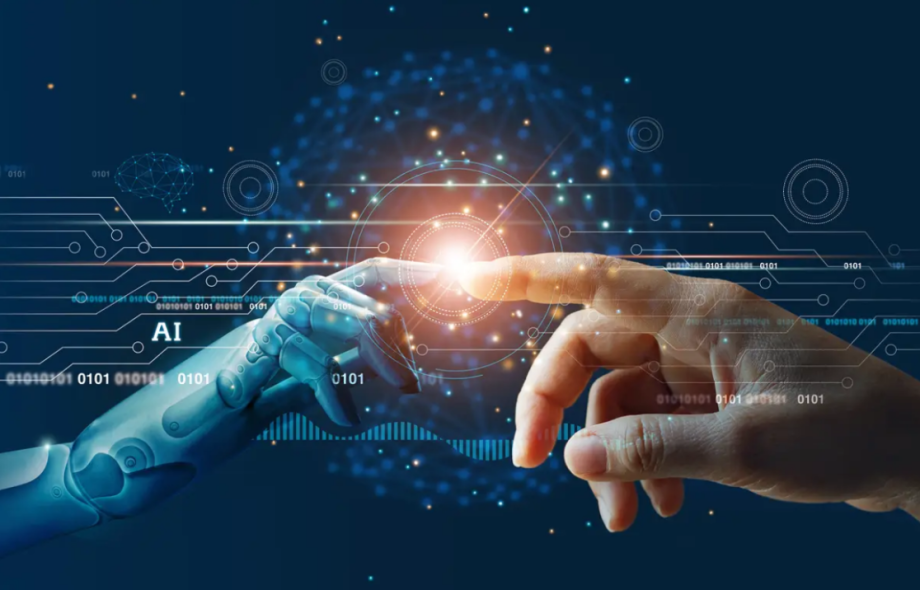Artificial Intelligence (AI) has evolved from a niche area of technology to a pervasive force that is reshaping the world as we know it. From smartphones to healthcare, AI’s integration into various aspects of our daily lives is not just a future concept but a present reality. In this blog, we will explore how AI is transforming everyday life, making it more efficient, personalized, and interconnected.
Smart Homes: The AI-Powered Living Experience
One of the most visible impacts of AI is in the realm of smart homes. Devices like Amazon Echo, Google Home, and Apple HomePod, powered by virtual assistants such as Alexa, Google Assistant, and Siri, have become commonplace. These AI-driven assistants control home appliances, provide real-time information, and even manage schedules. The convenience of voice commands to adjust lighting, set alarms, or play music is just the tip of the iceberg.
Moreover, AI algorithms learn from user habits and preferences to automate routine tasks. Thermostats like Nest learn optimal heating and cooling schedules, while smart fridges can monitor food inventory and suggest recipes based on available ingredients. The result is a home environment that anticipates and meets our needs with minimal effort.
AI in Healthcare: A Revolution in Patient Care
AI is revolutionizing healthcare by enhancing diagnostic accuracy, personalizing treatment plans, and improving patient outcomes. Machine learning algorithms analyze vast amounts of medical data to identify patterns and predict disease outbreaks. For instance, IBM’s Watson can sift through millions of medical records to provide evidence-based treatment recommendations, aiding doctors in making more informed decisions.
Wearable devices like Fitbits and Apple Watches use AI to monitor vital signs and detect abnormalities, prompting users to seek medical advice before conditions worsen. In addition, AI-powered robotic surgery systems enable precise and minimally invasive procedures, reducing recovery times and improving surgical outcomes.
Personalized Entertainment: AI’s Role in Media and Gaming
Entertainment has been significantly personalized thanks to AI. Streaming services like Netflix and Spotify use AI algorithms to analyze user preferences and viewing habits, recommending content tailored to individual tastes. This not only enhances user satisfaction but also keeps audiences engaged longer.
In the gaming industry, AI creates more immersive experiences. NPCs (non-player characters) driven by AI exhibit realistic behaviors, making interactions more engaging. AI also adapts game difficulty based on player performance, ensuring a balanced and enjoyable experience for gamers of all skill levels.
AI in Education: Tailoring Learning Experiences
Education is another field experiencing a profound transformation due to AI. Adaptive learning platforms like Khan Academy and Coursera use AI to customize educational content based on individual student needs. These platforms assess a learner’s strengths and weaknesses, providing targeted exercises and resources to improve understanding.
AI-powered tools also assist educators by automating administrative tasks, grading assignments, and even identifying students who may need additional support. This allows teachers to focus more on interactive and creative aspects of teaching, ultimately enhancing the overall learning experience.
Autonomous Vehicles: The Future of Transportation
The automotive industry is on the cusp of a revolution with the advent of AI-driven autonomous vehicles. Companies like Tesla, Waymo, and Uber are developing self-driving cars that promise to make transportation safer and more efficient. AI systems analyze real-time data from sensors and cameras to navigate roads, avoid obstacles, and follow traffic laws.
While fully autonomous vehicles are not yet ubiquitous, the technology is rapidly advancing. Semi-autonomous features such as lane-keeping assistance, adaptive cruise control, and automated parking are already available in many modern vehicles, offering a glimpse into the future of transportation.
Ethical Considerations and Challenges
Despite its many benefits, the rise of AI also raises ethical and societal challenges. Issues such as data privacy, algorithmic bias, and the displacement of jobs by automation need to be addressed. Ensuring that AI development is guided by ethical principles and inclusive practices is crucial for maximizing its positive impact on society.
Conclusion
AI is no longer just a technological buzzword; it is a transformative force in our everyday lives. From smart homes and personalized entertainment to healthcare and education, AI is enhancing efficiency, personalization, and convenience. As we continue to integrate AI into various facets of our lives, it is essential to navigate the accompanying challenges thoughtfully and responsibly, ensuring that the benefits of AI are accessible to all. The future, powered by AI, promises to be more interconnected and intelligent than ever before.

